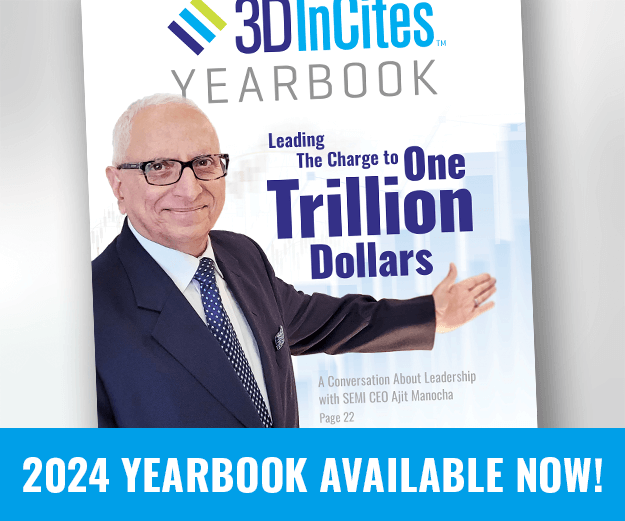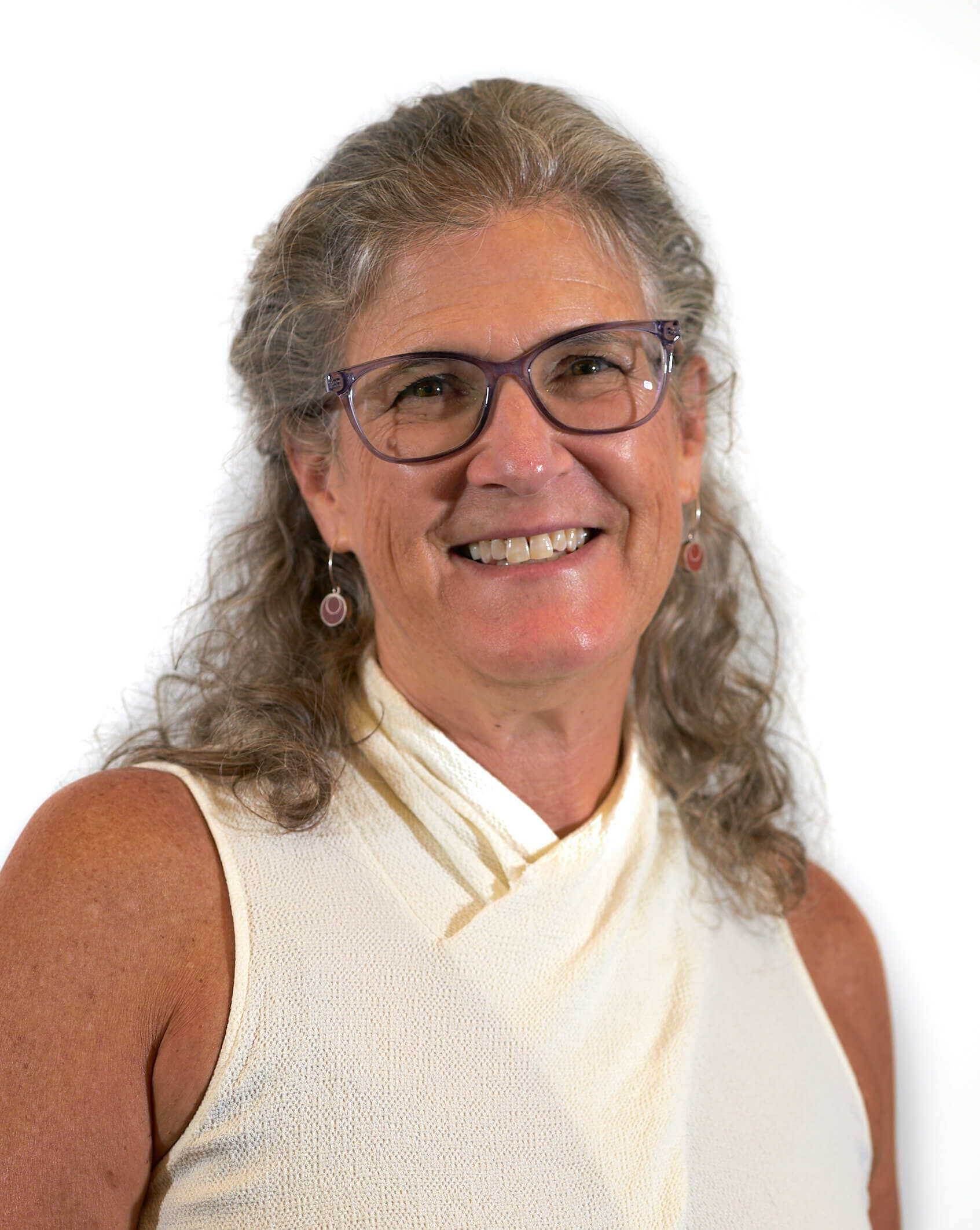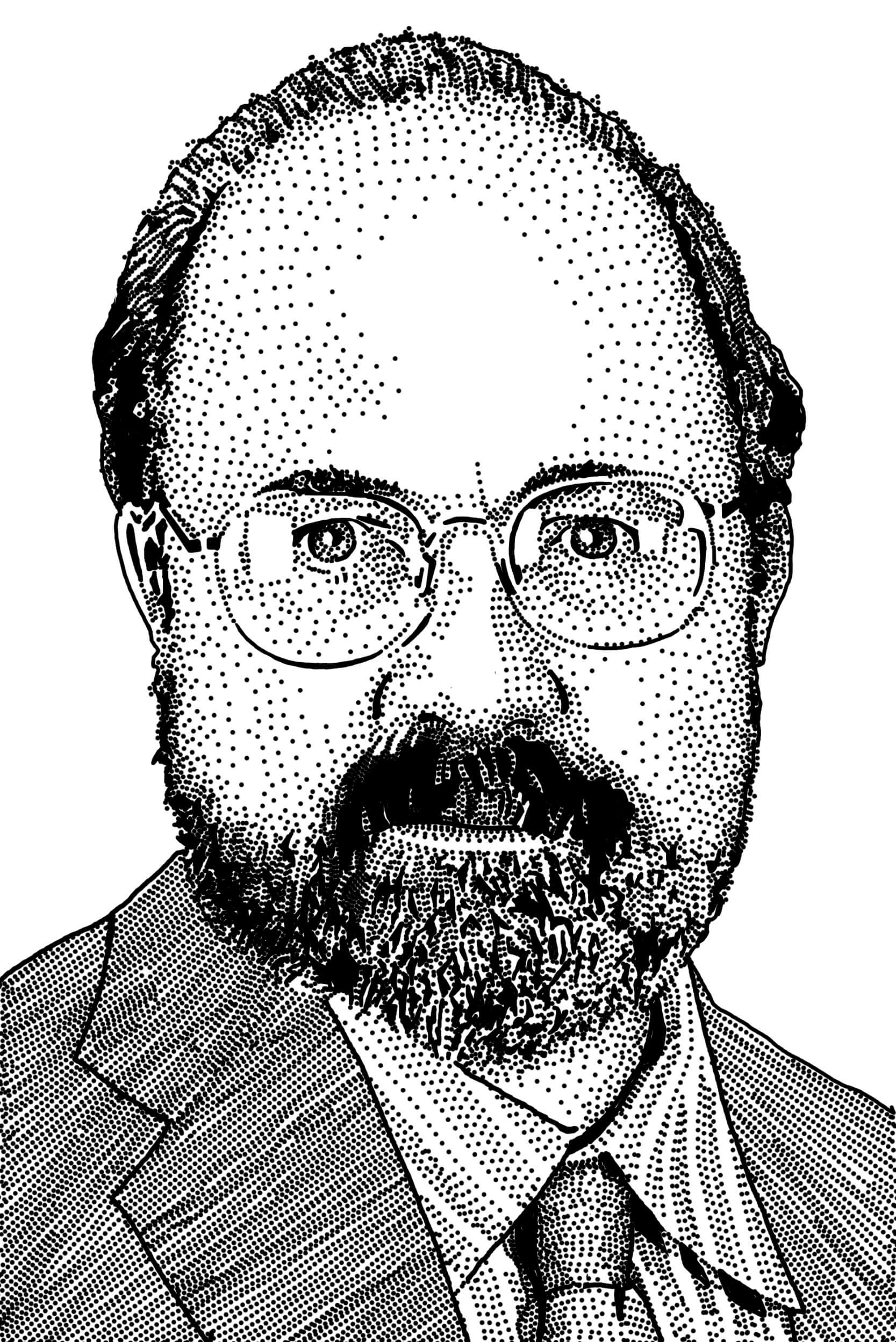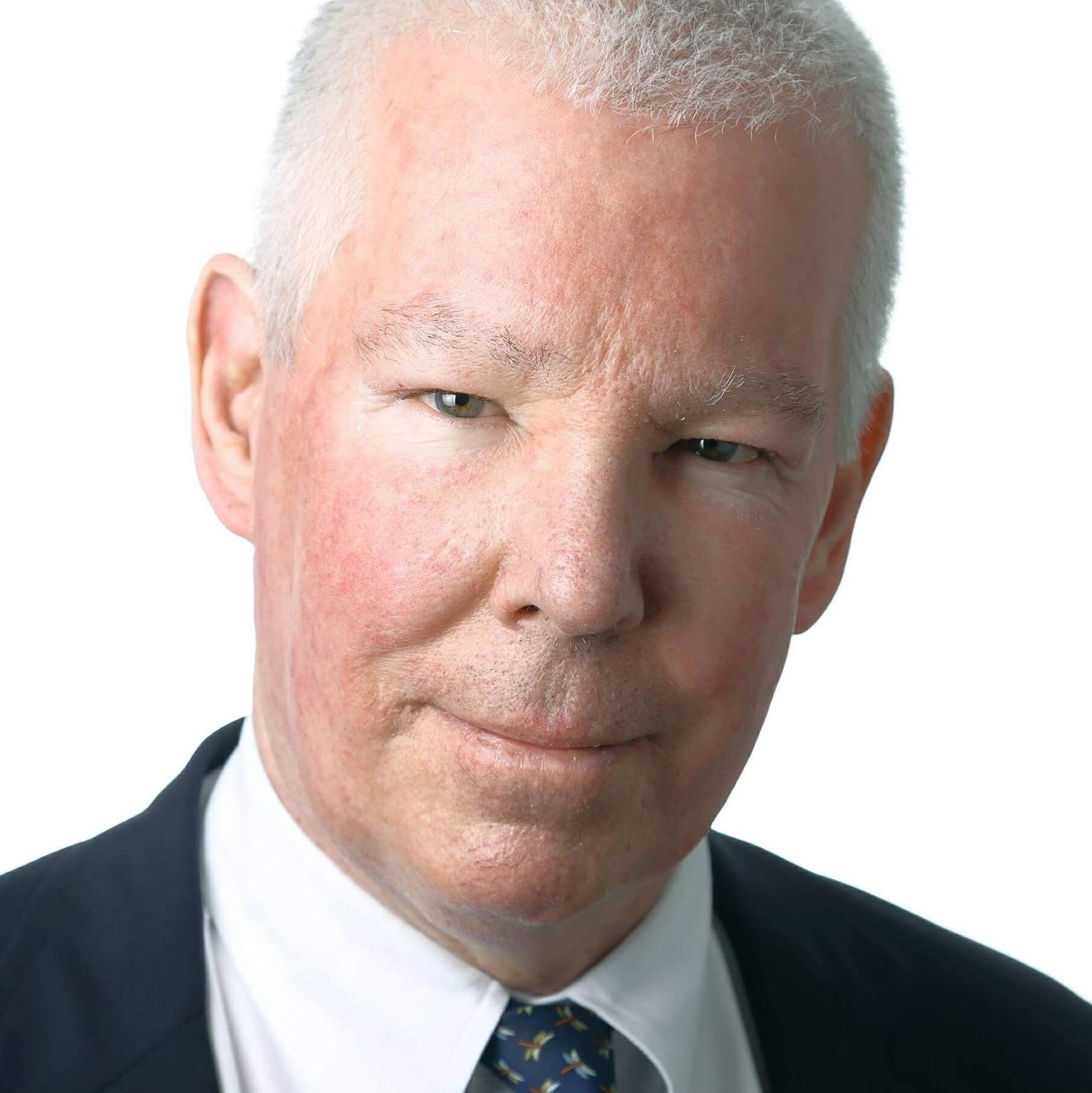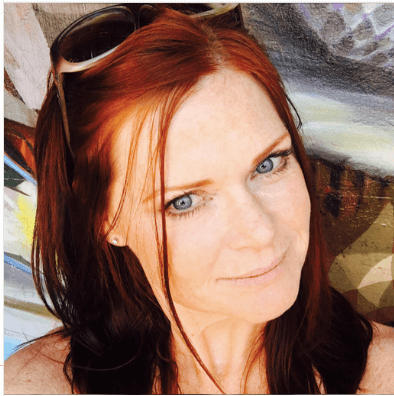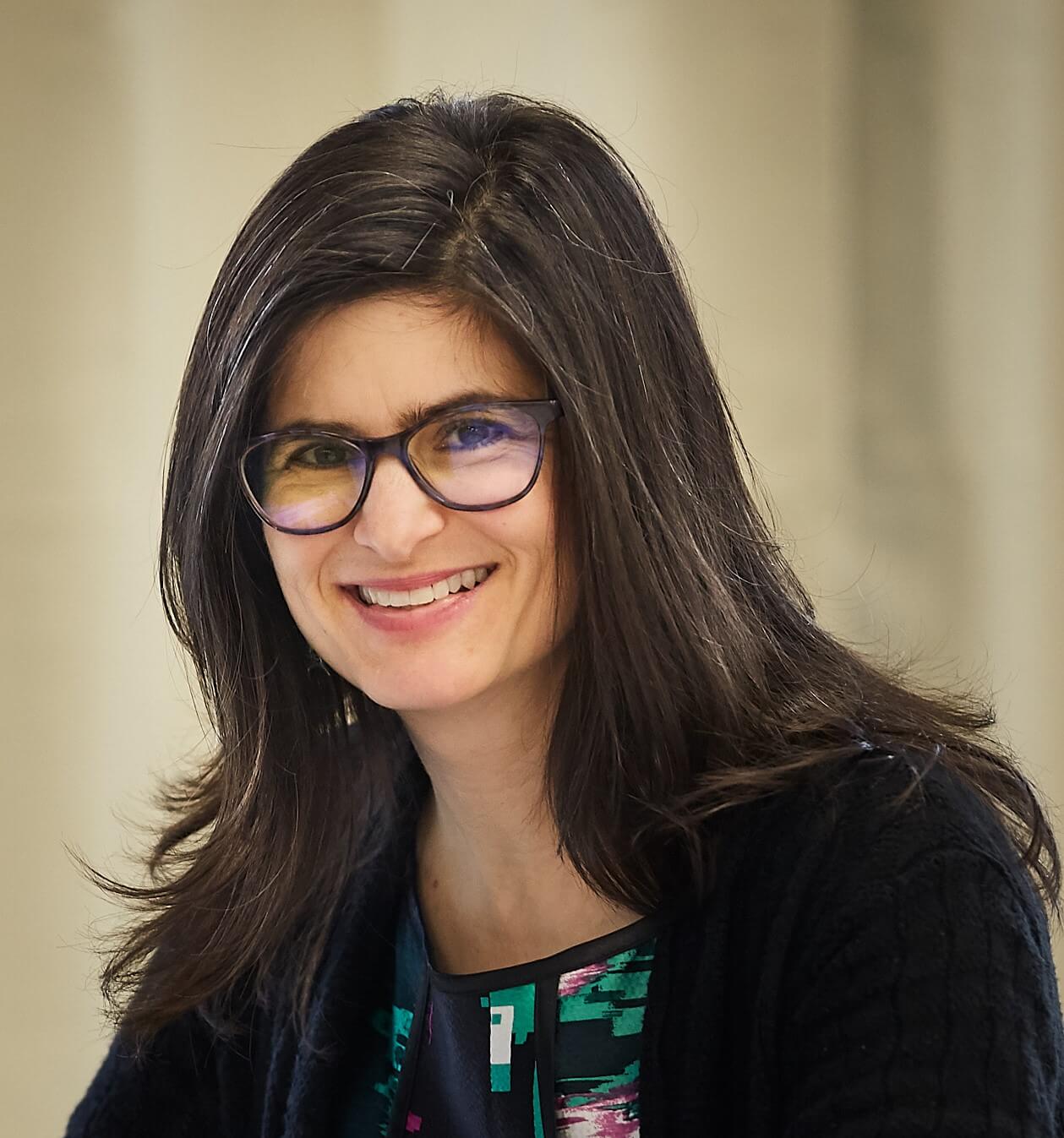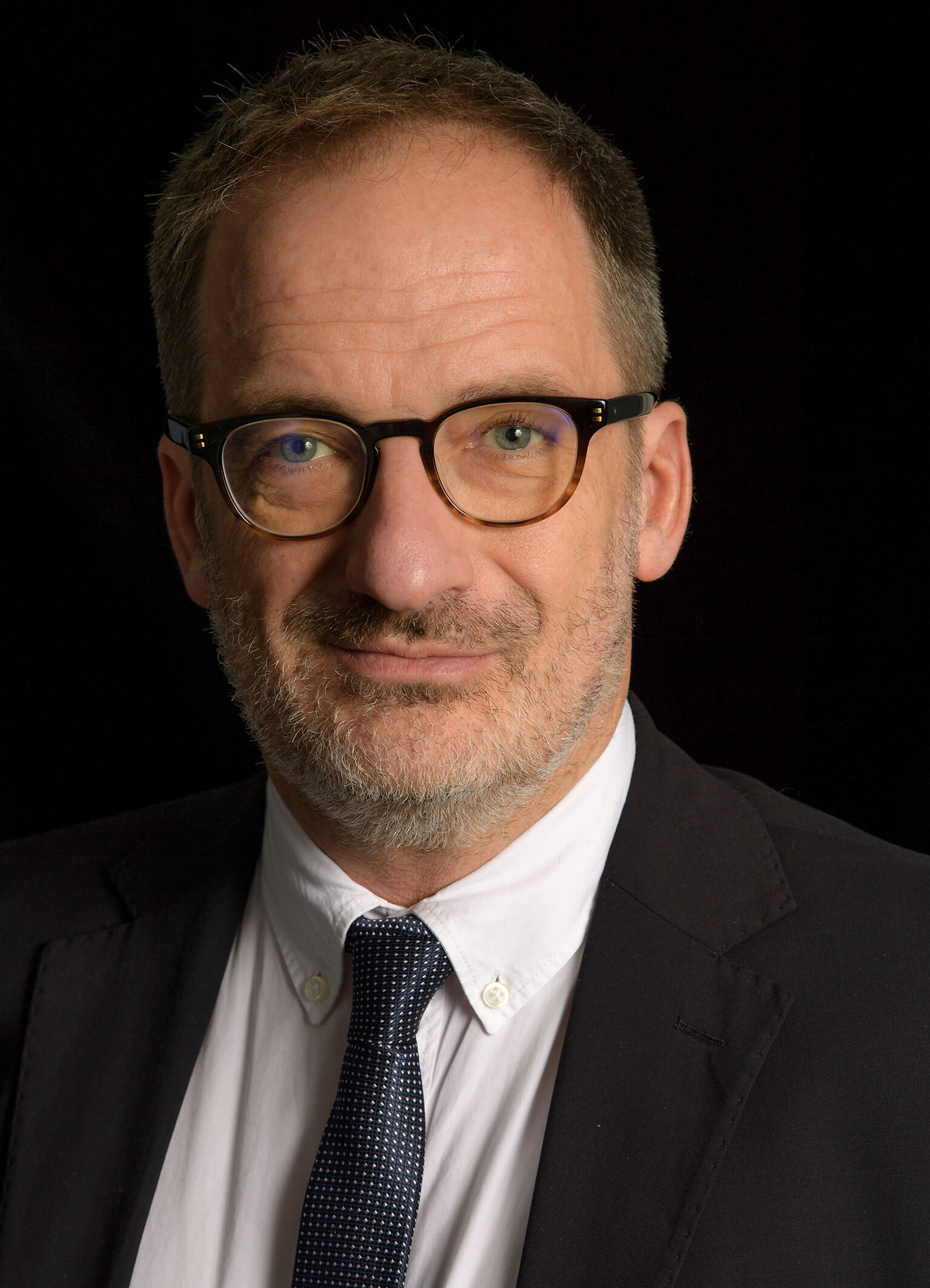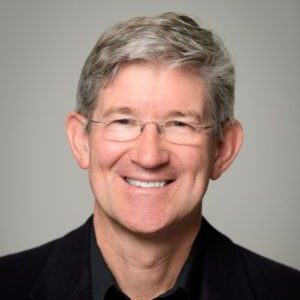If anyone could give President Obama a run for his money in 2012, I think it might just be Pasquale Pistorio, honorary chairman of ST Microelectronics. He’s worked with the company since its establishment in 1987 until his retirement in 2005. During his closing remarks at Leti’s Annual Research Reviews on Monday, I sat, nodding in agreement and typing madly to capture every word. He was THAT good. He spoke without a presentation or notes, outlining his recommended corporate strategy to be competitive in this global economy.
He began by painting a picture of an economy driven by technical and political factors, where megatrends like the digital revolution, the worldwide web, and end of the cold war has created a global economy with a geographical shift in economic powers. “Corporations must be comfortable with the world as the market; not Europe, not France,” says Pistorio. “We must compete in a world market with different microeconomic structures in different geographical locations.”
Pistorio said that in the 60’s and 70’s, there were three major economic powers; US, Europe and Japan. All other countries were secondary players. In the 80’s, China and India began to emerge, and business there has been accelerating ever since. After the fall of Berlin Wall, Eastern Europe, South America and South Africa began to have weight in the global economy. As a result, says Pistorio, the GDP of the major macroeconomic systems has been reduced. Additionally, China, India and Asia are graduating more engineers than the US and Europe put together, and investing dramatically in R&D. “China wants to be the innovation leader of the world, not the cost leader,” he notes. “Asia is battlefield of next 20 years. We must be there with physical presence, engineers, marketing, etc.”
According to Pistorio, innovation is one of the major implications that we must be concerned with to be successful. However, it must be a combination of what he termed “incremental innovation” that is continuous; and disruptive innovation, which involves a change in product, service and process completely. The latter involves risk- taking, and requires discipline as well as a stimulating environment. “Innovation has always been a major driver of ST Micro.” he noted.
Critical to the cost of R&D, notes Pistorio, is achieving dimension of scale. A company must exceed market growth and grow more than its competitors. “It’s relative,” says Pistorio. “ You don’t have to be big, but you must be a leader in the segment in which you decided to participate.” That means exceeding corporate, grow more than your competitors, and be in the top three market positions. “If you’re in a niche market, there’s no safe haven in the global economy,” he noted. “You must defend that niche.”
While the time factor has always been important, speed has now become dramatic, explains Pistorio. “You must have speed in decision making and execution.” he says. “if you’re not first, you will lose and you will die. The fast eat the slow rather than the big eath the small.” He added that many times, corporate leaders need all the facts before deciding, but speed is essential. So how to speed up a corporation with a bureaucratic infrastructure? Pistorio advocates a cellular organization, with small business units that have lots of autonomy but work together.
Pistorio says that another important key to being competitive in the global market, is social responsibility. Competition is also between countries, not just corporations, so competition based on a strong social responsibility environment will be good for the bottom line. He said it’s important for governments to create what he called “human capital”; which means R&D, education, and favoring development to be competitive. “Europe does that well.” he said. The major challenge Europe faces in the next 20 years is how to preserve the fundamentals of the welfare system and still be vibrant in the global economy. “I believe the welfare system must be maintained and is a big plus and must be preserved,” says Pistorio. “It’s the biggest humanitarian effort Europe has, but has gone a bit too far with deviation that is not necessary. “ He pointed out that Europeans work 1600 hrs/hear, versus 1800 hours in the US, and multinational countries that put in 2000 hours. How can Europe compete with that? “We must learn how to move to 1800 hours,” he says. “It can be done without stress.” Additionally, he says the retirement age of 65 is too low, and all of Europe should go to a retirement age of 70 to keep the number of people employed and feeding into the system at a reasonable level. “Lifespan has increased by ten years,” he noted. “We can’t have a small number of people supporting a population of aging people.” He says he’s not suggesting an attack on welfare or reducing rights of workers. Rather, it’s about confronting reality and making life more interesting.
Additionally, Pistorio says Europe needs an improved energy policy to become more self sufficient. $62B Euros leaves the region to pay for imported energy. Renewable resources and viable atomic energy is needed to create energy independence for Europe. He believes a dramatic effort to drive energy R&D to 4% of the GDP is needed towards this effort.
Pistorio also talked about the corporate tax rate. He feels that increasing the corporate tax rate would be counterproductive, because it would cause corporations to move their locations offshore to where there is a lower rate. So it’s critical to maintain a competitive tax rate to attract foreign investment and maintain the employment rate. Unfortunately, that means individuals must take on a higher tax burden. Following these recommendations, Pistorio believes Europe will succeed, although the process will be slow. It will take 20 years to adapt the welfare system to a global economy. but the basic ingredients are there.
I’m not saying I agree with everything he said, but I think there’s a great deal of validity and wisdom in his perspective. In any case, he’d have to be a better choice than Ms. Palin, (who, by the way, recently purchased a home in Scottsdale Arizona. I think she did it so she could see Mexico from her house.) Unfortunately, I think Pestorio would run into that ‘born on US soil” requirement. Otherwise, he’d certainly get my vote! — F.v.T.






